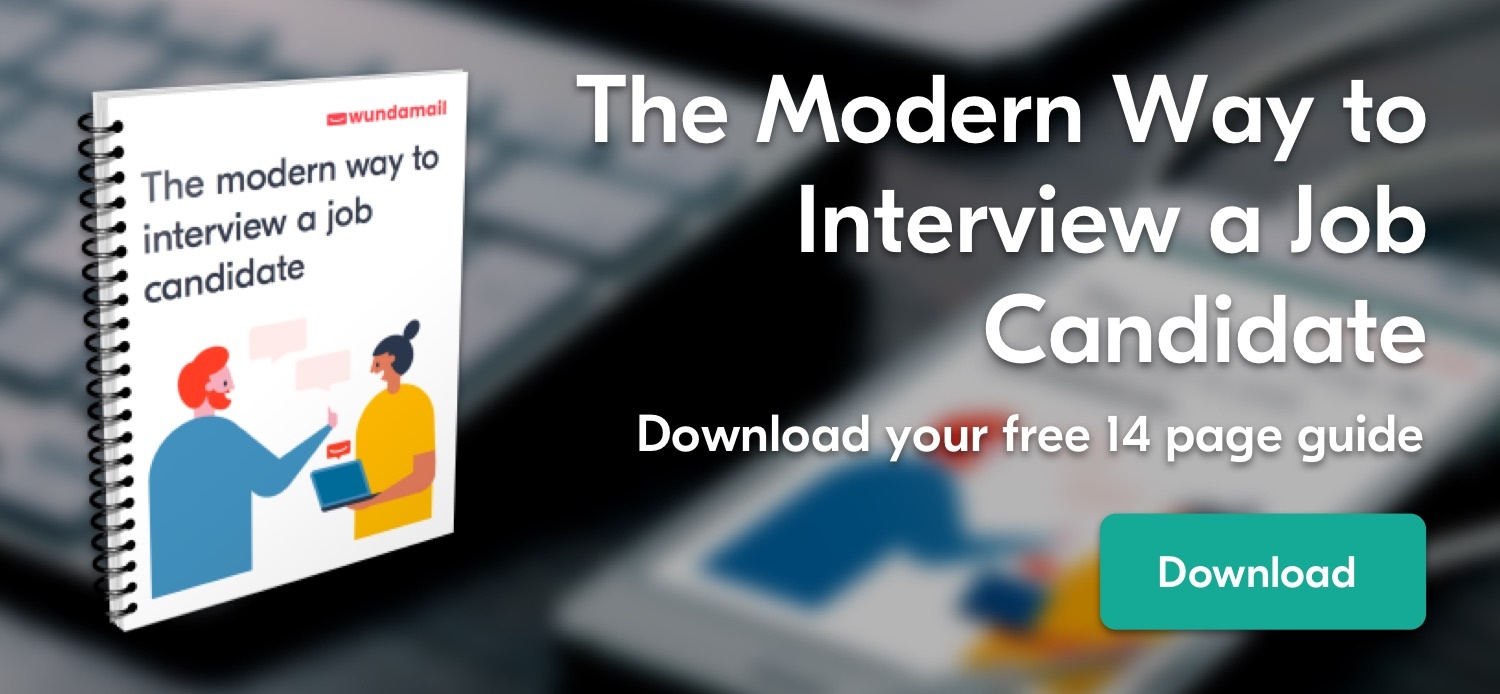We are not robots. Well, I’m certainly not a robot, though I guess you may be. But what I mean is, we’re not meant to be robots. We don’t have to work like robots, behave like robots, or live like robots. Which is just as well, because we’re not robots.
We work to live, not the other way round. And we want to find that work stimulating, we want to benefit in more ways than just financial reward. We want to grow though our work lives as well as through our private lives, so its important that we enjoy what we do. One way of ensuring all this in the workplace, is by a greater reliance on the f-word. Its about making work fun. But what’s fun? How are we defining fun? Send in the clowns, is not what we’re thinking. Clowns are scary and a bit weird. Not every solution fits every problem, but Its a simple fact, productivity is increased when people are happy.
There’s nothing wrong with creating a workplace with an element of fun involved. There are known and obvious benefits. Built into the culture of the workplace, fun is a powerful thing for productivity. We work better when we're happy. It could be just down to encouraging a more social atmosphere between people. Anything from social media groups to a wind down at the end of the week, with an opportunity to relax over a couple of beers or a meal.
There’s a good chance that team leaders aren’t always clued in to what’s happening in the team, so encouraging this bond between peers is a great thing to do.
Exchanging thoughts and feedback between themselves gives a sense of autonomy, and strengthens the team, simply by having the occasional opportunity to laugh together. Its fun, don’t be scared.
It could be in the decor of the workspace. How’s your office? Bland and dull workspaces create a bland and dull atmosphere filled with bland and dull ideas, and the sort of place people can’t wait to escape from. We spend more time in work than we do at home, after all. It’s increasingly common among start-ups to engage in gaming of some sort. A pool table or a video gaming set up in the office, board games, online gaming between colleagues have become common. It draws people away from their job for a brief spell, gives them a mental space to focus before returning to the tasks they have on, and again, it encourages the sharing of information, and peer support.
One of the co-working spaces I use has a room set aside just for gaming, and teams of people, even freelancers, will regularly break off for a board game, or a quick game of pool, before returning to their work soon after. Older, stiffer and less flexible workers of a more traditional mindset will maybe see this as avoiding work, but who cares? Its simply a new way of thinking, and of recognising how the mind works best.
Competition is good too, and a great way of introducing the f-word into the workplace. We enjoy competing with each other, it’s part of our make up. Look how many companies use some sort of gamified learning as part of their training programmes. It works. Celebrating minor wins with rewards will help team members feel they’re making progress. By adding an element of competition, they’re encouraged to progress further and faster - especially if they can meet up at the end of the week for a couple of beers and an opportunity to gloat about their wins. It’s all good fun, and it all makes for better productivity.
Nobody’s saying we should turn the workplace into some kind of circus. At the end of the day, the work needs to be done. But there are different ways of thinking about how to approach the ways we learn. As time marches on, we see the how, the where and the when of our working life change in ways we’d never have imagined even just 10 years ago. But wherever we are, and however we work, being happy in that work is still important. If we want to spur each other on, if we wan’t to cut down the stress and increase the happiness, then it’s time to start having fun.




